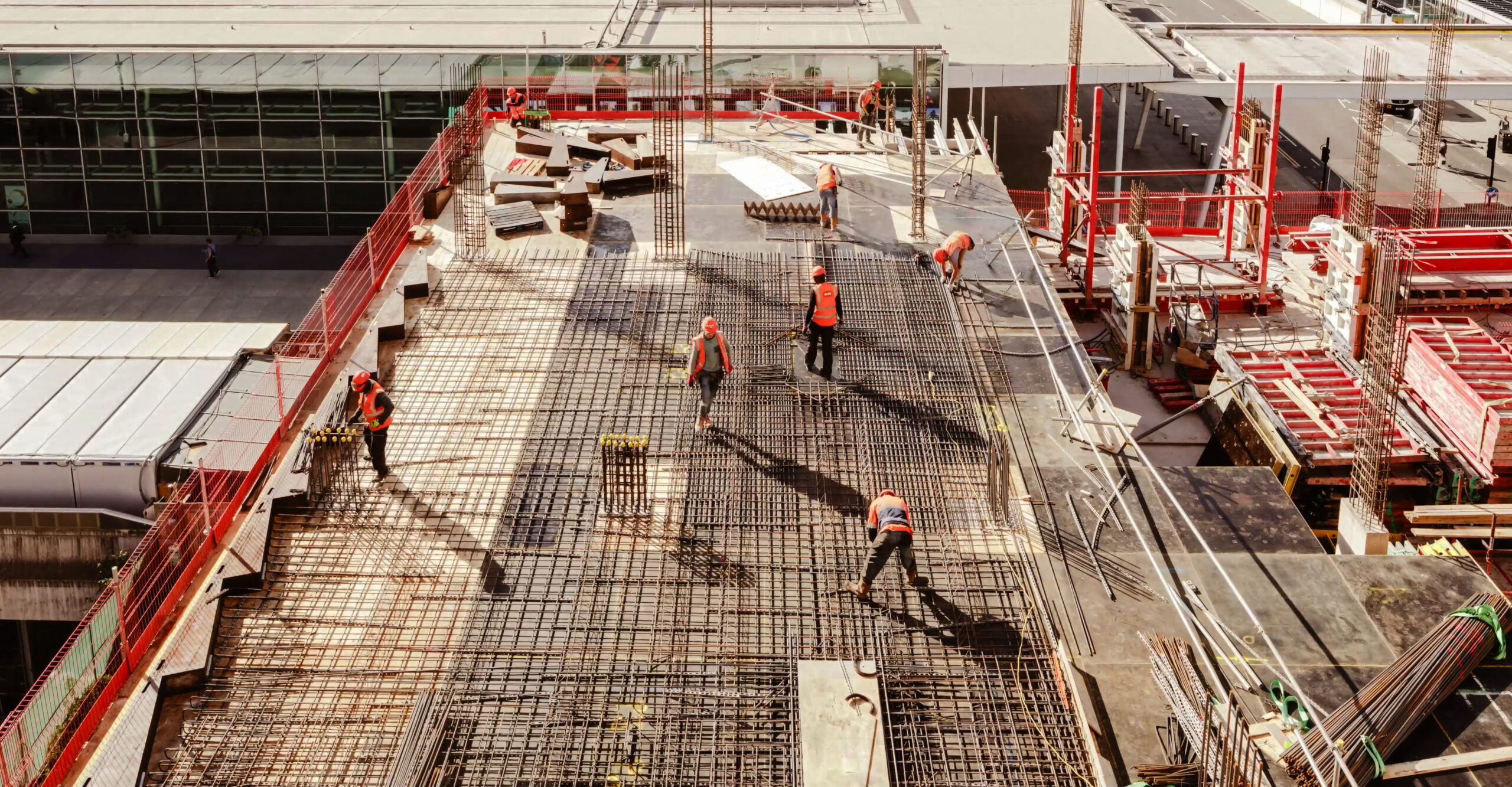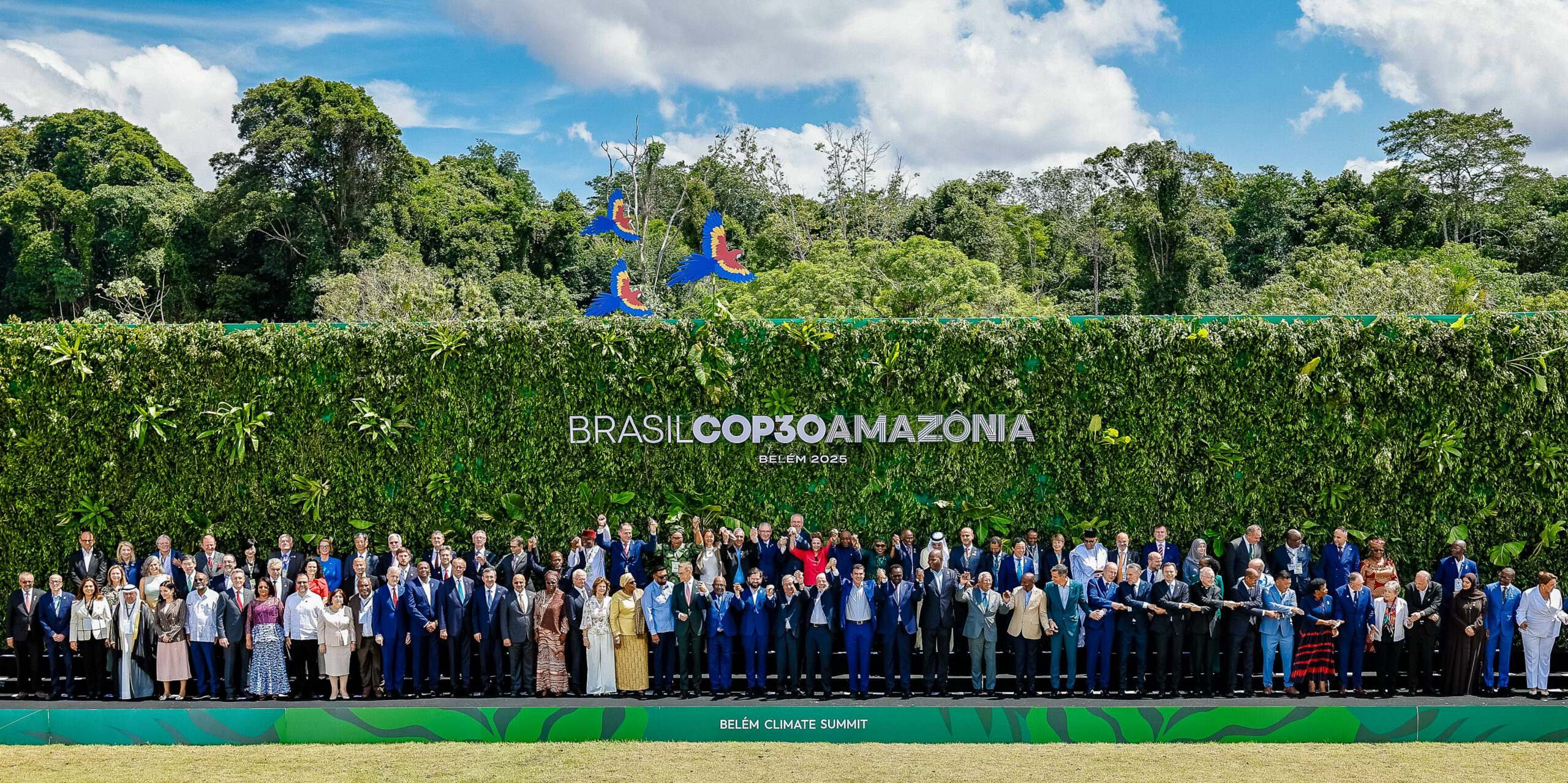As we reach the end of another COP, it was encouraging to see the language in the final conference text found last minute consensus on ‘transitioning away’ from fossil fuels. Yet in our view, after decades of discussion and negotiation, the outcome of 2023 conference isn’t strong enough. Far from it.
There will be time for broader reflections on this years’ COP over the coming days and weeks – and the agreement on including transitioning away from fossil fuels is historic – but we aren’t moving fast enough, we aren’t bringing enough urgency, we aren’t working effectively towards a more inclusive and equitable transition, and we aren’t genuinely recognising or tackling the depth of the challenge.
Xynteo welcomes the inclusion of ‘transitioning away from fossil fuels’ within the agreement, but calls for bolder collaboration that accelerates action, holds nations accountable for commitments, and encompasses broader support for emerging and developing nations.
A hundred years of unequal economic development has been based on the availability and consumption of cheap fossil fuels – now we must move beyond; and ensure the inequalities of the past are resolved. This will be hard. It will be difficult. It is 100% the only way forward.
Critically, we must put the challenges facing developing nations and emerging economies at the heart of this agenda. Our current energy, development and economic models still present resource exploitation as the only way forward to providing billions of people with the opportunities so long easily available to richer nations. Fossil fuel phase out is only possible if these nations and markets can be confident that they can unlock environmentally friendly and inclusive growth. Raising up and balancing the livelihoods of everyone across the planet will require significant investment, support, and accountability from those nations and regions that have historically benefited the most from fossil fuels.
Globally, the phasing out of fossil fuels also demands new capital flows to scale investment in delivery of the energy transition. Policy environments which provide supportive frameworks and necessary regulation to deliver local, national and international transition roadmaps. Incentivisation systems which support the low carbon transition. Dedicated funding for scaling the technology which can decarbonise hard to abate sectors. A revaluation of natural capital which enables the prioritisation of a bioeconomy, decoupled from fossil carbon as we think beyond energy to our wider land use approach. A reassessment of food production and agricultural practice in favour of bolstering natural capital. A fundamental reconsideration of business models and financial reassessment of how we value the planet and its limited resources – to name just a few.
Perhaps the COP process itself isn’t targeted enough to solve these fundamental problems. Many organisations are already calling for significant reform of the process, removal of barriers to action, and acceleration of our pathway to a people and planet-positive future.
We have a rapidly closing window of opportunity to change that.
At COP28, we heard from, spoke to, and met hundreds of businesses, entrepreneurs, national representatives, and community organisations – all working and collaborating to create people and planet-positive action with enthusiasm and optimism. This was exciting, as more and more we are seeing not just organisations change, but the individuals working within them change to be more focused on creating a better world.
We must harness these forces for the future. Like we said, this will be hard – it requires holistic and systemic change – but it can’t be optional.



